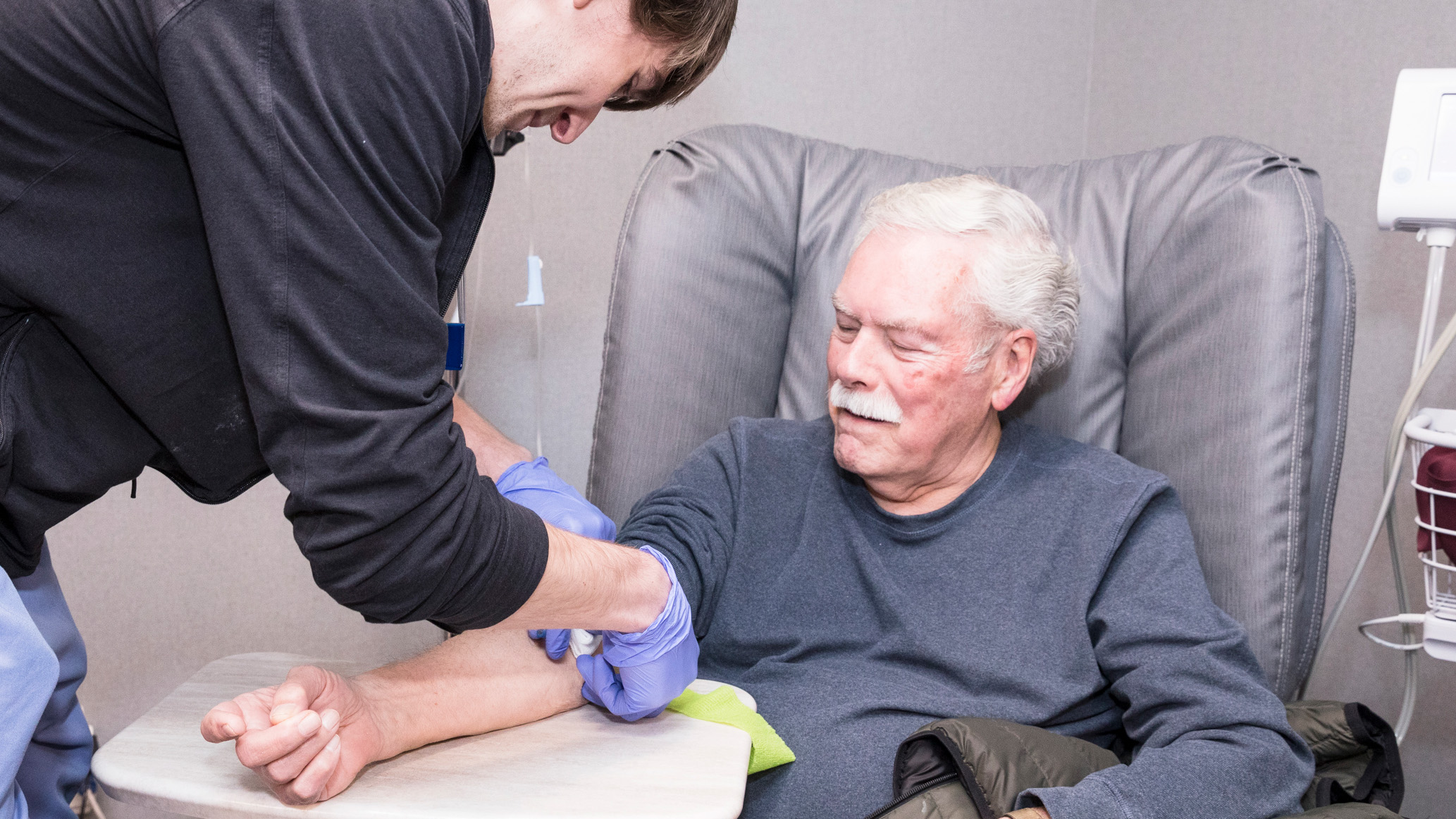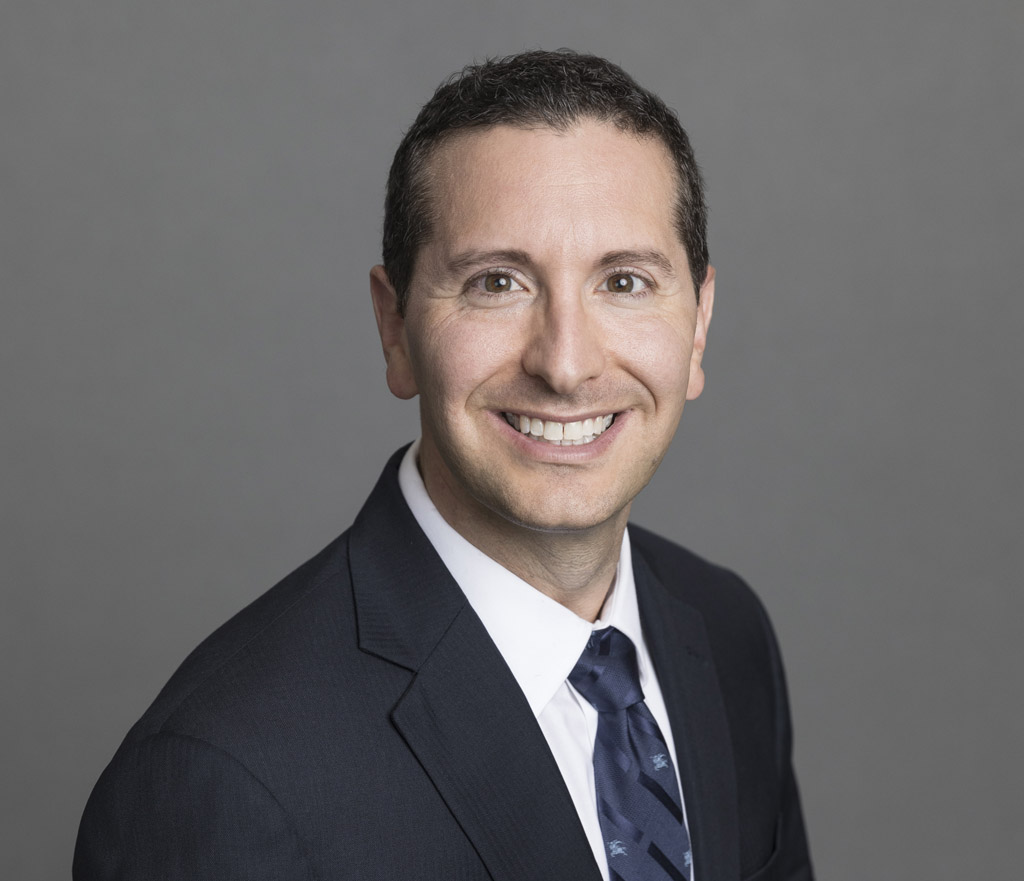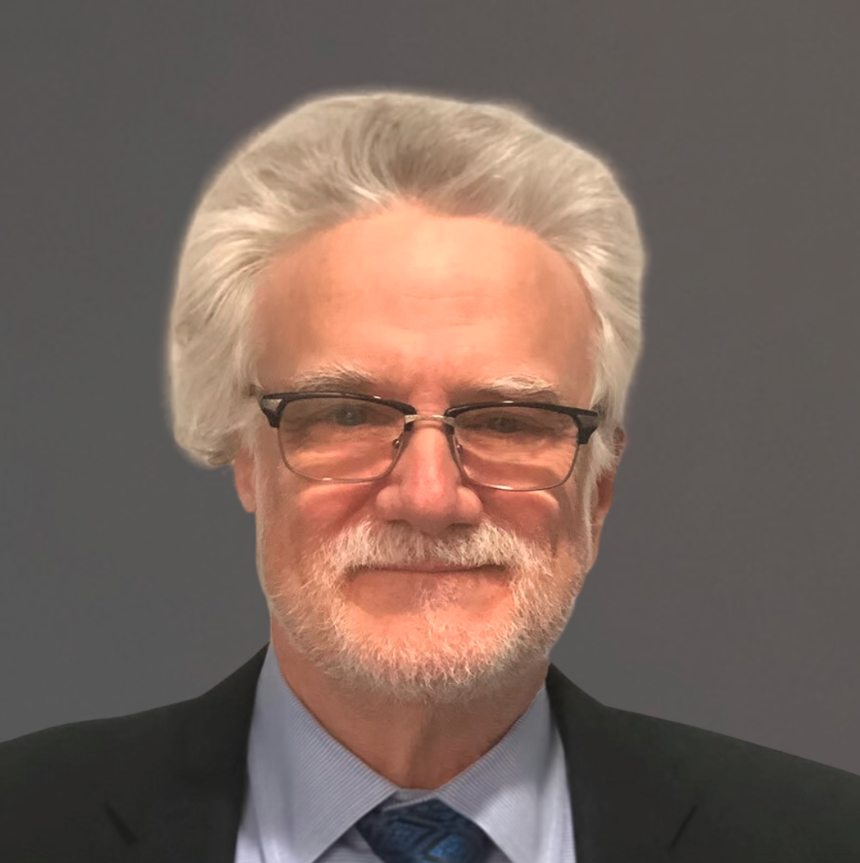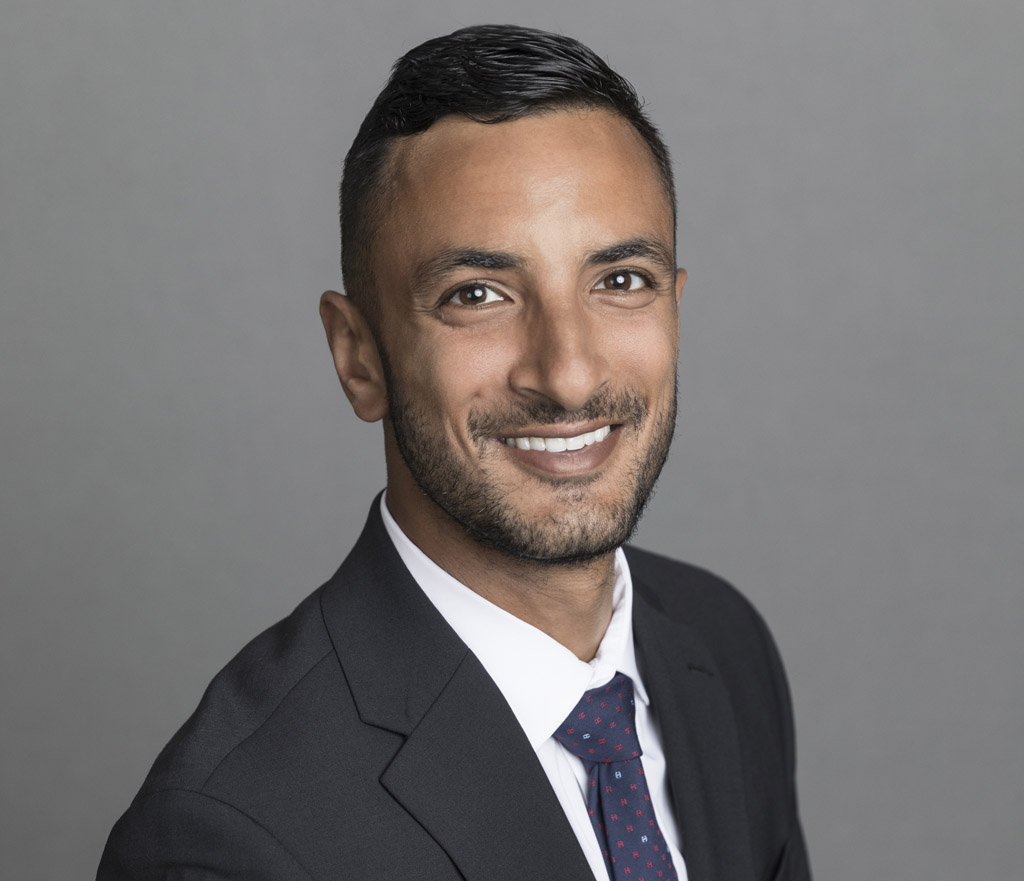Parkinson’s Disease & Movement Disorders Center
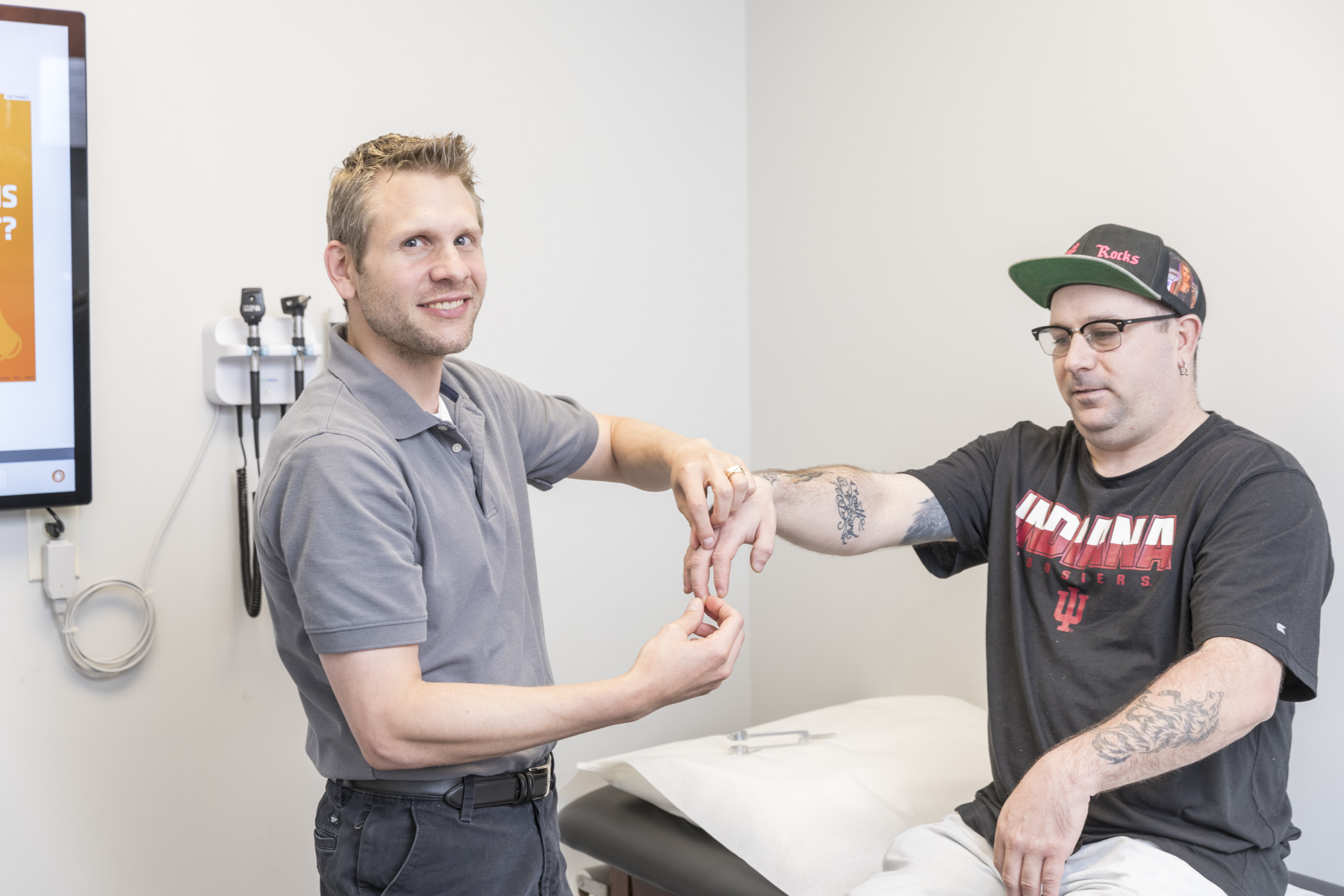
Parkinson’s Disease & Movement Disorders Center
MIND’s Parkinson’s Disease & Movement Disorders Center is led by Dr. Aaron Ellenbogen, DO, MPH, FACN a movement disorders specialist with more than 20 years of experience in treating Parkinson’s disease and other movement disorders, such as dystonia and tremors. In addition to clinical practice, Dr. Ellenbogen is nationally recognized for his contributions to clinical research.
Parkinson’s Disease & Movement Disorders Center
Nearly 40 million people in the U.S. have a movement disorder of some type. These disorders, which can range from mild to severe, include Parkinson’s disease, essential tremor, dystonia, tardive dyskinesia, restless legs syndrome and Huntington’s disease.
Importantly, people with movement disorders can experience involuntary movement such as tremor, abnormal posture, slowness, difficulty in walking and stiffness. While most movement disorders are not curable, treatment may slow or decrease symptoms.
The importance of early diagnosis and treatment.
While many movement disorders are not life threatening, they can have a significant impact on a person’s ability to function and their independence in daily life. In particular, abnormal posture or movement may result in severe pain; and depression, anxiety and cognitive problems may accompany movement disorders.
For these reasons, it is advised to consult with a movement disorders specialist for assessment when early signs of difficulty appear. As with many neurological conditions, early diagnosis and treatment helps MIND doctors devise a treatment strategy that prepares for potential changes in the patient’s condition and needed life adjustments. In many cases, MIND doctors are able to enroll patients in clinical studies aimed at finding better treatments for Parkinson’s and other movement disorders.
Therapeutic approaches.
Treatments offered at MIND’s Parkinson’s Disease & Movement Disorders Center include management of medications used to slow or decrease symptoms, botulinum toxin injections, referral for physical and occupational therapy and surgical recommendation for procedures, such as deep brain stimulation that are used to control motor symptoms
Parkinson’s Disease and Movement Disorders Helpful Resources:
